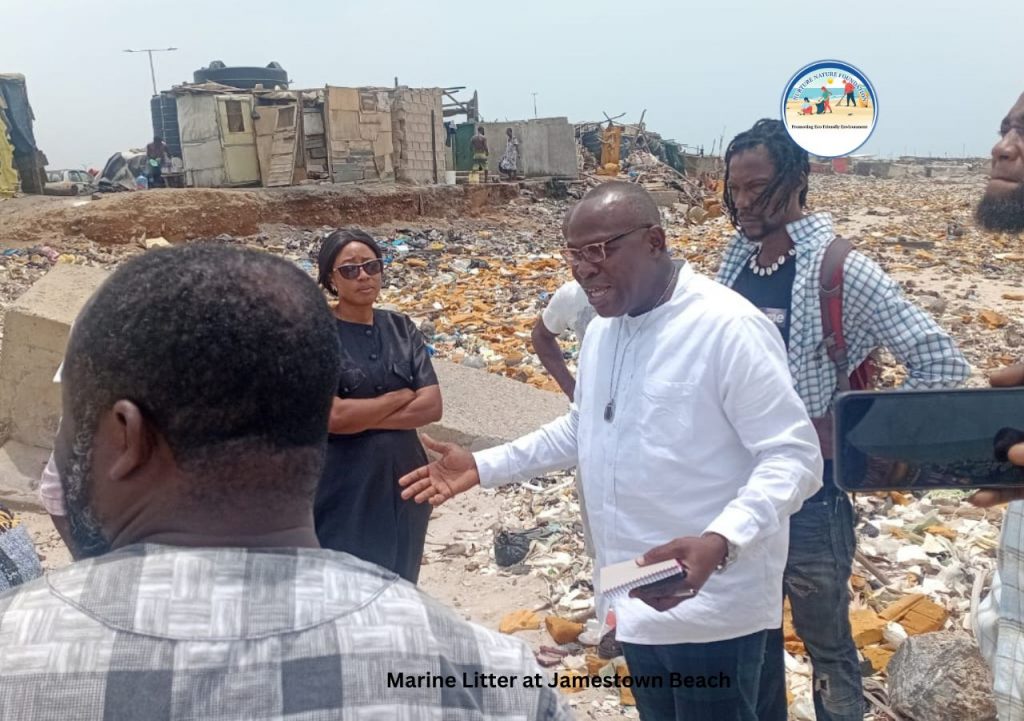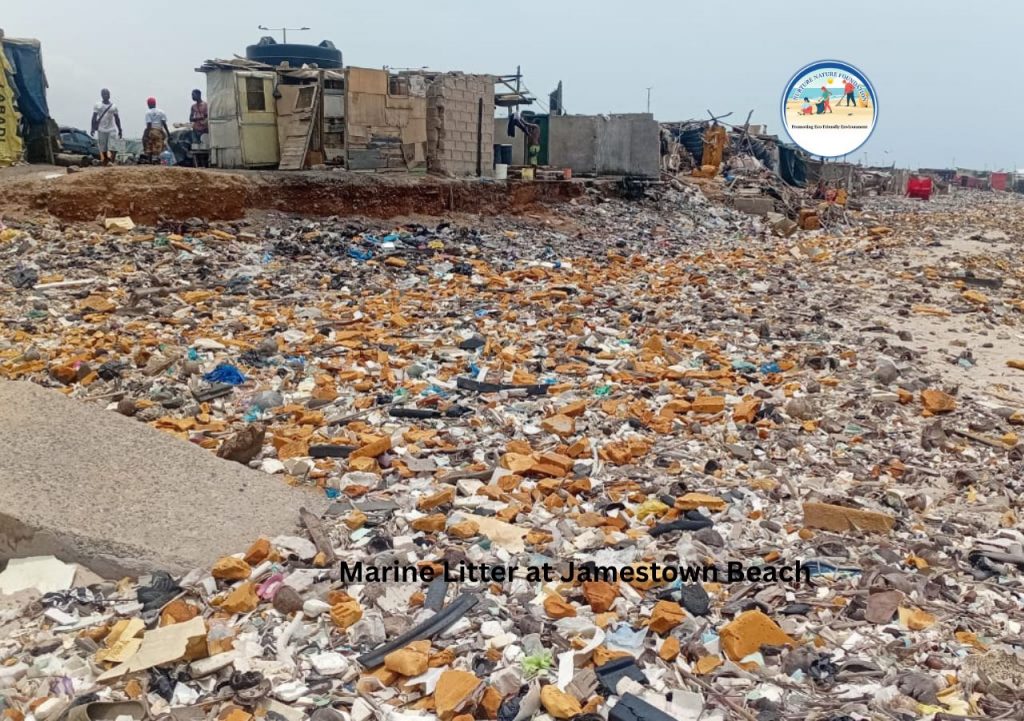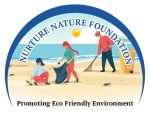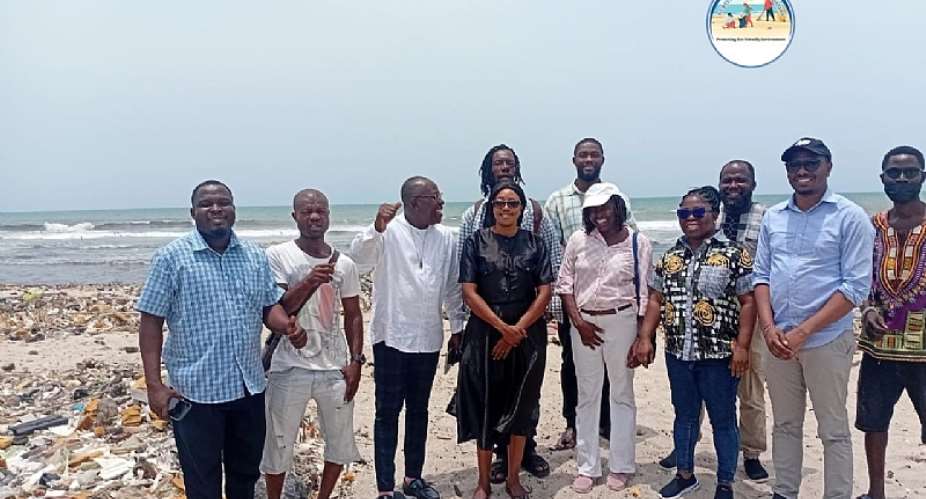The Ministry of Science and Technology (MEST) is committed to fostering sustainable support for civil society organizations (CSOs) involved in coastal management, as well as providing a platform for regular coastal cleaning campaigns.
In collaboration with strategic partners in the West Africa Coastal Areas (WACA) project, MEST and other stakeholders will produce periodic reports on designated areas to assess the project’s success. This initiative follows a recent visit by the WACA monitoring team to project sites in the Greater Accra Region.
The team visited Shaibu in the Ablekuma West Municipal Assembly and Jamestown in the Accra Metropolitan Assembly.
The monitoring visit is part of efforts to strengthen the monitoring mechanism introduced by various partners, including MEST, the World Bank, the Nurture Nature Foundation (NNF), Fill the Gap Africa (FTGA), and assembly members.
The team consisted of Dr. Memuna Mattah from MEST, Mr. Raymond Kirwa from the World Bank, Mr. Peter Asiedu, Executive Director of Nurture Nature Foundation (NNF), and Mrs. Vida Akekodaga, CEO of Fill the Gap Africa (FTGA), who represents civil society organizations under the Coastal CSOs Forum (CCF).

At Shaibu, the team focused on assessing the community’s landscape, which has been severely impacted by coastal erosion affecting buildings and roads. The team also evaluated local stakeholders’ involvement in the project and the structure of community committees, specifically examining whether they were based on family or friend networks.
Mr. Kirwa, representing the World Bank, emphasized the importance of community involvement in ensuring the project’s sustainability and fostering community ownership.
Mr. Daniel Nortey, representing MEST, explained that approximately 135 community committee members are engaged across all project areas, with responsibilities that include monitoring activities and providing feedback to the CCF Coordinator.
Mr. Daniel Tagoe, the Assembly Member for Shaibu, highlighted the assembly’s fair and transparent approach to selecting committee members, which has been widely accepted by local leaders.
Mr. Peter Asiedu of NNF noted that efforts were consistently made to ensure broad-based community committee membership, including the inclusion of persons with disabilities and women to promote inclusivity.
Mrs. Sarah Boasiako, also from the World Bank team, inquired about the training plan for community committee members on grievance redress mechanisms, requesting a copy of the training concept and manual for the World Bank team.

Mr. Nortey confirmed that training would be organized for teams in both the Volta and Greater Accra regions, with sessions planned over one week in different clusters. He promised to share the training materials with the World Bank team.
The WACA Program, which includes the Resilience Investment Project (ResIP 2), is a regional initiative aimed at enhancing the resilience of coastal communities in West Africa. The program focuses on addressing transboundary coastal challenges such as erosion, flooding, pollution, and ecosystem degradation, while promoting sustainable coastal management.
Through collaboration among West African countries, international organizations, and development partners, WACA seeks to protect and restore the ecological, social, and economic assets of coastal areas. The program also aims to mitigate the impacts of climate change and natural disasters, while improving institutional coordination and supporting sustainable coastal practices.

